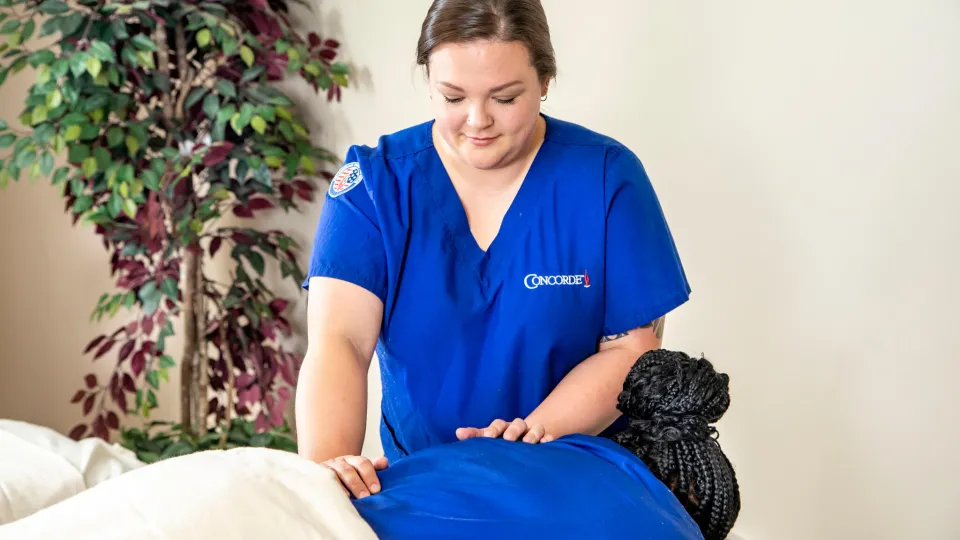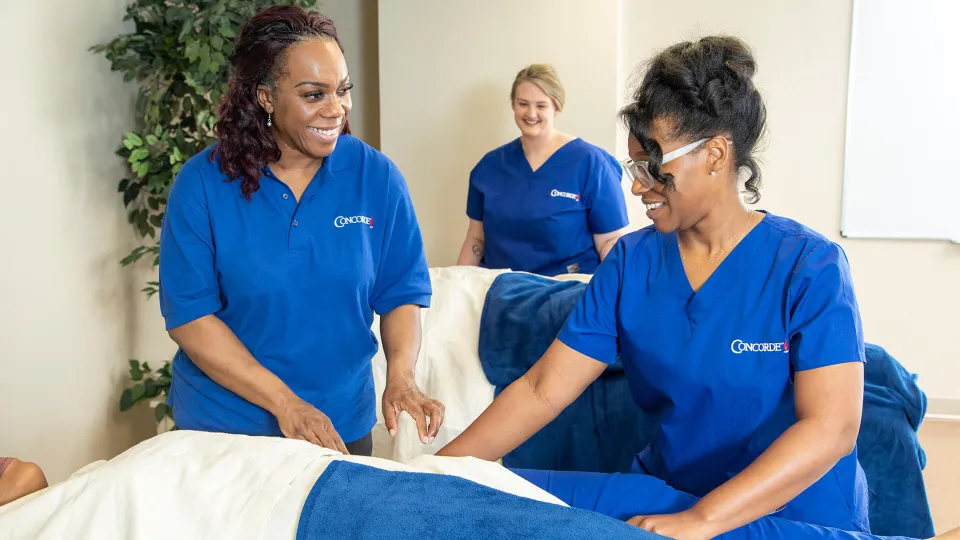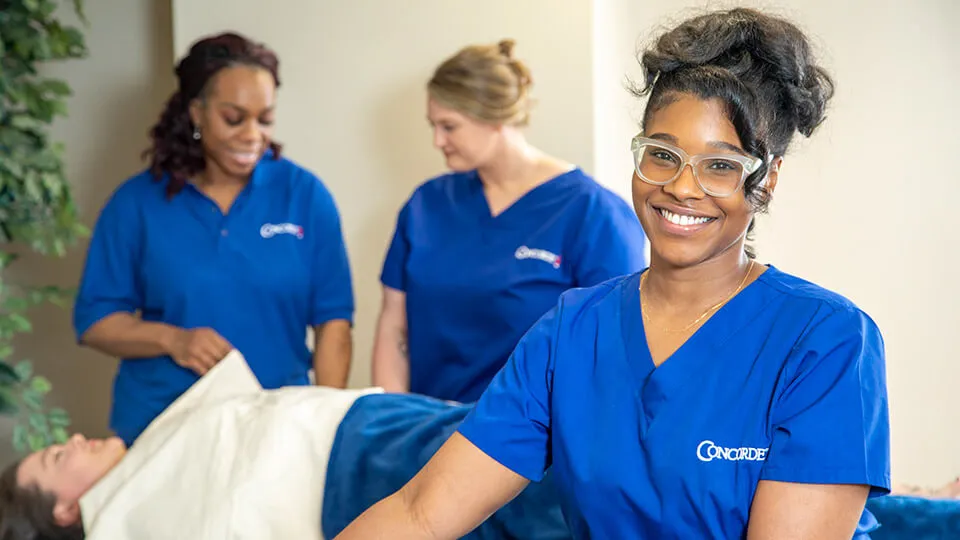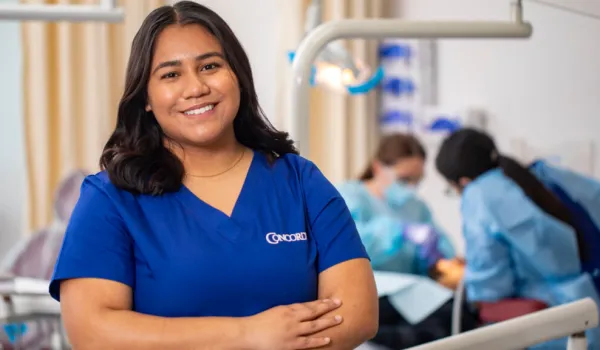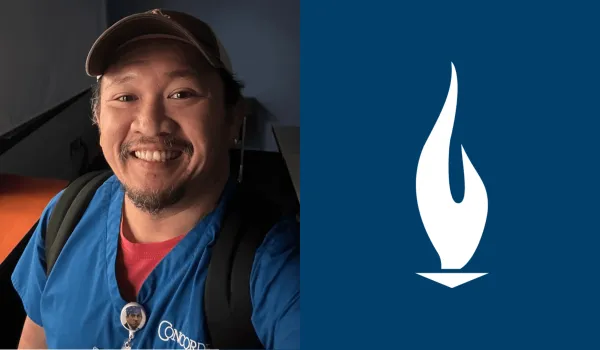
There are many different styles of massage therapy. In fact, selecting the right kind of massage for you can be as complicated as picking out a favorite food or drink item on a restaurant menu.
From Swedish to Ashiatsu, there's a style of massage therapy that can treat any and every part of the body and satisfy the most stressed or injured of clients.
Common massage therapies
There are more than 10 different types of massages that focus on different parts of the body or healing approaches. Massage is the practice of rubbing and kneading the body using the hands in which the massage therapist applies either gentle or strong pressure to the muscles and joints to ease pain and tension. There are three common types of massage, let's take a look at each.
1. Swedish Massage
The most common type of massage therapy in the U.S. is the Swedish massage, which typically is a whole-body massage designed to relax the muscles and joints.
Massage therapists use long, smooth strokes, kneading, and circular movements on superficial layers of muscle using massage lotion or oil. It is very gentle and relaxing and a good style of massage therapy for first-time clients.
2. Deep Tissue Massage
Another very common style is deep tissue massage, which is much more aggressive toward problem areas than is Swedish. Deep tissue massage targets deeper layers of muscle and connective tissue. The therapist uses slower strokes or friction techniques across the grain of the muscle.
It is used for chronically tight or painful muscles, repetitive strain, postural problems or recovery from injury. People often feel sore for 1-2 days after deep tissue massage.
3. Therapeutic Massage
Then, there is the kind of massage that combines the two.
"Therapeutic massage is where the client can customize the massage," said Lawanda Allen, LMT, Massage Therapy Clinic Coordinator at Concorde's Southaven, Ms. campus. "It's a combination of deep tissue and Swedish. Therapeutic usually also uses a combination of heat and ice. Again, it's the client who can customize to his or her needs."
Massage therapy for athletes
A massage type that seems to be quickly gaining popularity is sports massage, Allen said.
"With sports massage, you're working toward a certain goal," she said. "It's more stimulating. You're getting muscles ready to perform. There's a lot of stretching involved."
It's this type of massage in which many of Allen's students once got the most practice. The Southaven MT program had an arrangement with the Mississippi RiverKings minor league professional hockey team whereby students get to hone their skills by providing RiverKings players with sports massages.
Unfortunately, the Riverkings stopped operations in the 2018-19 season so the students don't get the practice they use to.
Other types of massage therapy
Another up-and-coming massage technique, Allen said, is what's called Ashiatsu massage. It's a form of massage that originates in the Far East and utilizes the feet as well as the hands.
"It also incorporates a lot of stretches," Allen said. "As massage therapists, we're taught to use more than just our hands."
Other kinds of massage include:
- Aromatherapy - adding scented plant oils to address specific needs
- Hot stone - heated, smooth stones used to loosen tight muscles
- Shiatsu - using localized finger pressure in a rhythmic sequence
- Thai - using gentle pressure on specific pain points
- Pregnancy massage - customized to a woman's needs
- Reflexology - applying pressure to certain points on the feet that correspond to organs and systems in the body
Finding a Massage Therapist
There are several different ways in which you can go about finding a massage therapist. The easiest is to do an online search for massage therapists in your area. You can also get a referral from your doctor or a friend. It's often best to try several different therapists to see who is the right fit for you.
Regardless of how you go about finding your therapists, be sure they are certified and their license is up to date. Be sure to check reviews and talking with them on the phone before booking an appointment.
What are you waiting for, go find your right fit
Massage may be a good way for you to feel better physically, mentally, and emotionally so why not get started experimenting with the different kinds of massage and different therapists.
If you are wanting to be on the other end and become a massage therapist, Concorde offers a Massage Therapy diploma program that could be the right fit for you as well.
Take The Next Step Towards a Brighter Future
Interested in learning more about our Massage Therapy program?
We have a Concorde representative ready to talk about what matters most to you. Get answers about start dates, curriculum, financial aid, scholarships and more!

